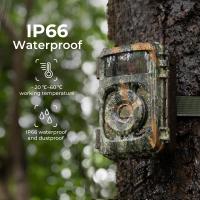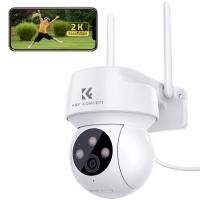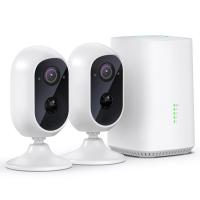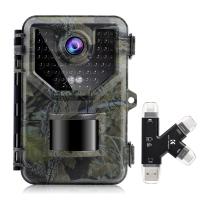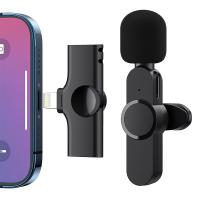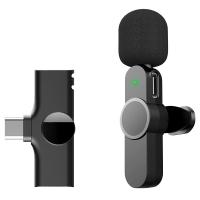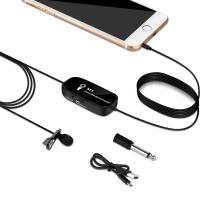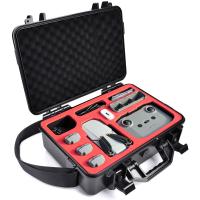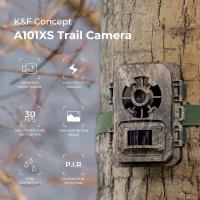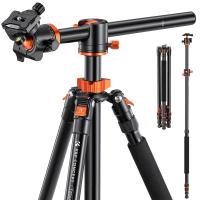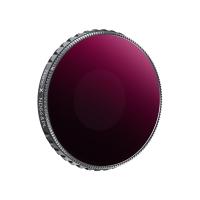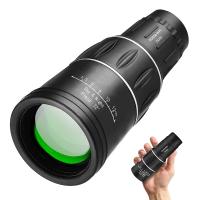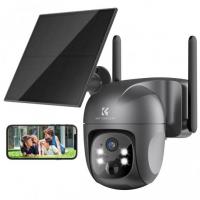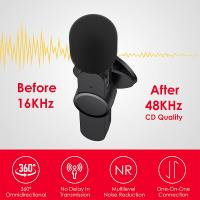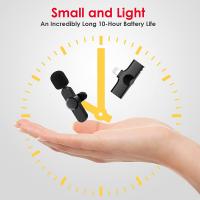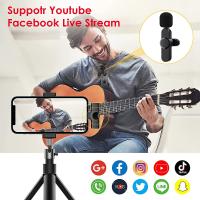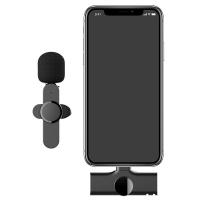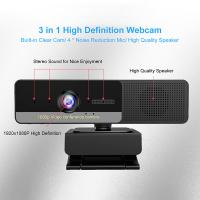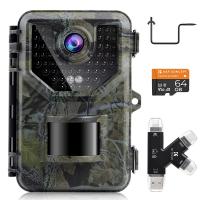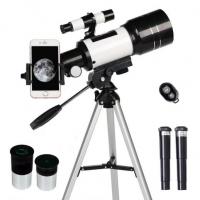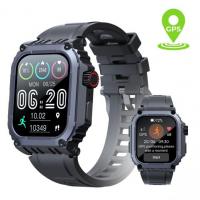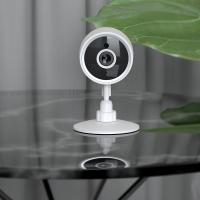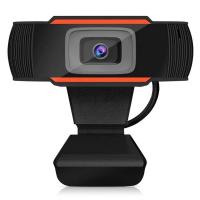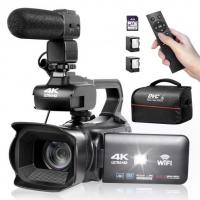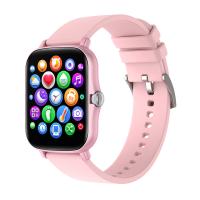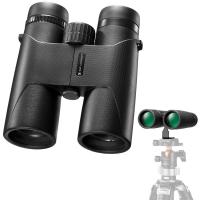Can Security Cameras Record Audio?
Security cameras have become an integral part of modern security systems, providing a visual deterrent to potential intruders and a means of recording evidence in the event of a crime. However, a common question that arises is whether these cameras can also record audio. This question is not only technical but also legal and ethical, as the ability to record audio can have significant implications for privacy and surveillance laws. In this article, we will explore the capabilities of security cameras in recording audio, the legal considerations, and the practical applications of audio recording in security systems.
Technical Capabilities of Security Cameras
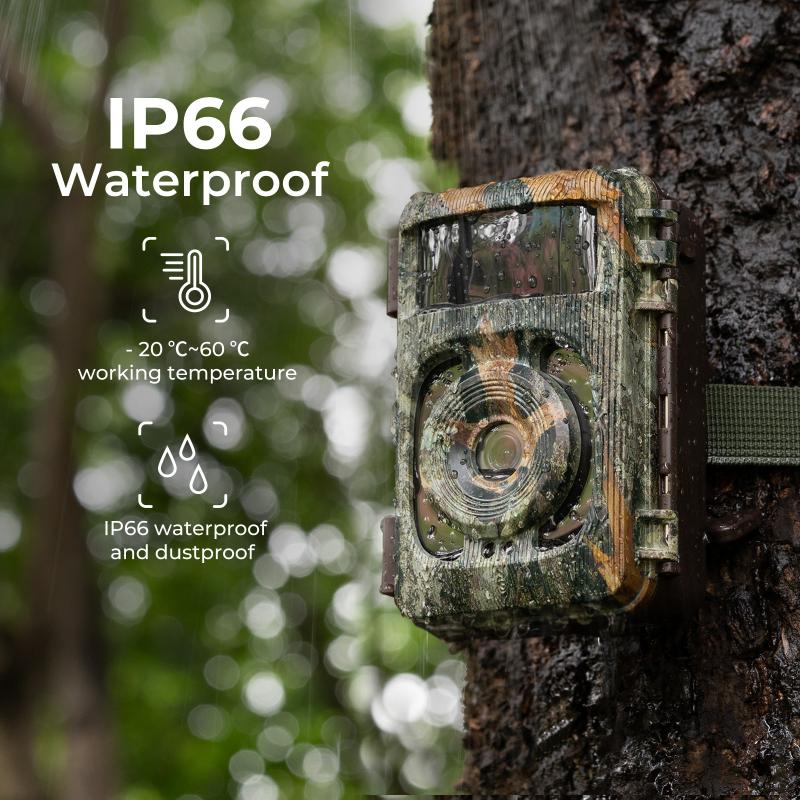
Audio Recording Features
Many modern security cameras come equipped with built-in microphones that allow them to record audio in addition to video. These microphones can capture sounds within a certain range, typically up to 30 feet, depending on the quality of the microphone and the environment. Some high-end security cameras also offer advanced audio features such as noise cancellation, which can help to filter out background noise and improve the clarity of the recorded audio.
Integration with Security Systems
Security cameras that can record audio are often integrated into larger security systems that include other components such as alarms, motion detectors, and access control systems. This integration allows for a more comprehensive security solution, as the audio recordings can provide additional context to the video footage. For example, audio recordings can capture conversations, sounds of breaking glass, or other noises that may indicate a security breach.
Legal Considerations
Federal and State Laws
The legality of recording audio with security cameras varies by jurisdiction. In the United States, federal law generally allows for audio recording as long as at least one party consents to the recording. This is known as "one-party consent." However, some states have stricter laws that require the consent of all parties involved in the conversation, known as "two-party consent" or "all-party consent."
Public vs. Private Spaces
The legality of audio recording also depends on whether the recording takes place in a public or private space. In public spaces, there is generally a lower expectation of privacy, and audio recording is more likely to be permissible. In private spaces, such as homes or private offices, the expectation of privacy is higher, and recording audio without consent may be illegal.
Signage and Notification
To comply with legal requirements and to respect individuals' privacy, it is often necessary to provide clear signage indicating that audio recording is taking place. This can help to ensure that individuals are aware of the recording and can choose to avoid the area if they do not wish to be recorded.
Ethical Considerations
Privacy Concerns
The ability to record audio raises significant privacy concerns. Unlike video recording, which captures visual information, audio recording can capture private conversations and other sensitive information. This can lead to potential abuses, such as eavesdropping or unauthorized surveillance.
Balancing Security and Privacy
When implementing security cameras with audio recording capabilities, it is important to strike a balance between security and privacy. This can be achieved by carefully considering the placement of cameras, using audio recording only when necessary, and ensuring that recordings are stored securely and accessed only by authorized personnel.
Practical Applications
Enhanced Security
Audio recording can enhance the effectiveness of security systems by providing additional information that may not be captured by video alone. For example, audio recordings can help to identify voices, capture sounds that indicate a security breach, and provide context to video footage.
Monitoring and Compliance
In certain industries, such as retail and hospitality, audio recording can be used to monitor employee interactions with customers and ensure compliance with company policies and regulations. This can help to improve customer service, resolve disputes, and identify training needs.
Evidence Collection
In the event of a crime or security incident, audio recordings can serve as valuable evidence. They can provide additional details that may not be visible in video footage, such as verbal threats or the sound of a weapon being used. This can aid law enforcement in their investigations and help to secure convictions.
Security cameras with audio recording capabilities offer a range of benefits, from enhanced security to improved monitoring and evidence collection. However, the use of audio recording also raises important legal and ethical considerations. It is essential to understand the laws and regulations governing audio recording in your jurisdiction and to implement best practices to protect individuals' privacy. By carefully balancing the need for security with respect for privacy, security cameras with audio recording can be a valuable tool in modern security systems.



